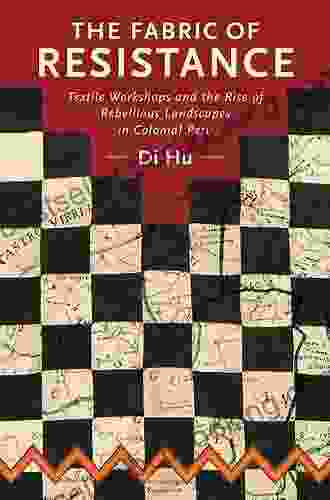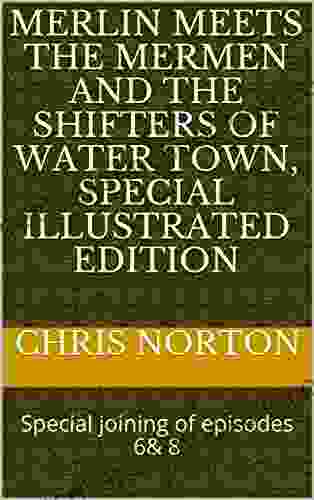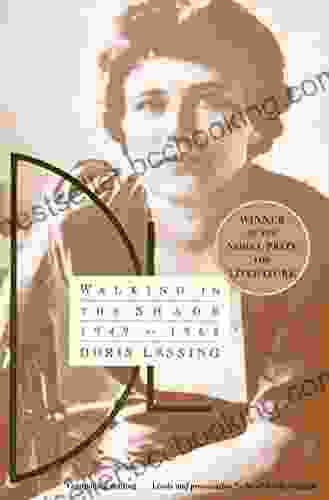Unveiling the Hidden Histories of Textile Workshops and Rebellious Landscapes in Colonial Peru

In the tapestry of Peruvian history, the 18th century witnessed a profound transformation. Textile workshops, once marginalized spaces of Indigenous labor, emerged as vibrant hubs of resistance and renewal. Through their skilled hands and vibrant fabrics, Indigenous weavers challenged colonial authority and forged new landscapes of rebellion.
Textile Workshops: Centers of Indigenous Resistance
Deep within the Andean highlands, textile workshops became strongholds of Indigenous identity and resistance. Weavers, primarily women, harnessed their ancestral knowledge and artistic prowess to craft exquisite textiles. These fabrics were not merely garments; they were emblems of Indigenous culture, symbols of resistance, and vehicles of social change.
4.5 out of 5
| Language | : | English |
| File size | : | 6807 KB |
| Text-to-Speech | : | Enabled |
| Screen Reader | : | Supported |
| Enhanced typesetting | : | Enabled |
| Print length | : | 248 pages |
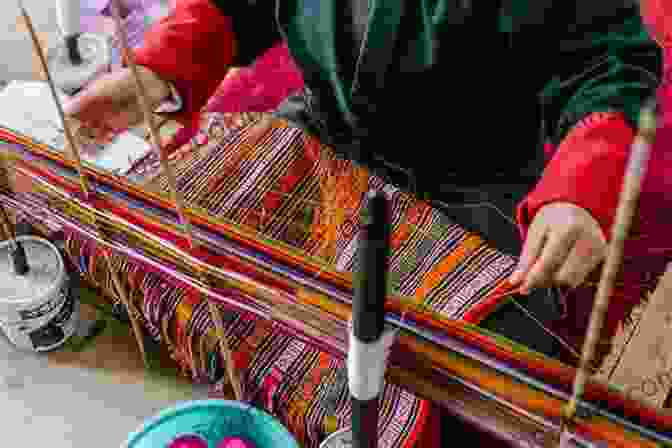
Within these workshops, weavers defied colonial norms and asserted their autonomy. They rejected Spanish designs and materials, instead embracing traditional techniques and motifs. Their textiles became a silent yet powerful form of protest, a testament to their unyielding spirit.
Rebellious Landscapes: The Textile Workshops' Impact
The transformative influence of textile workshops extended beyond their physical spaces. They became catalysts for the formation of rebellious landscapes – regions where Indigenous communities challenged Spanish domination and forged new forms of social and economic organization.
Weavers used their textiles to establish networks of solidarity and resistance. They shared designs, techniques, and ideas, creating a collective identity that transcended geographical boundaries. These networks became the backbone of Indigenous uprisings, mobilizing communities across vast regions.
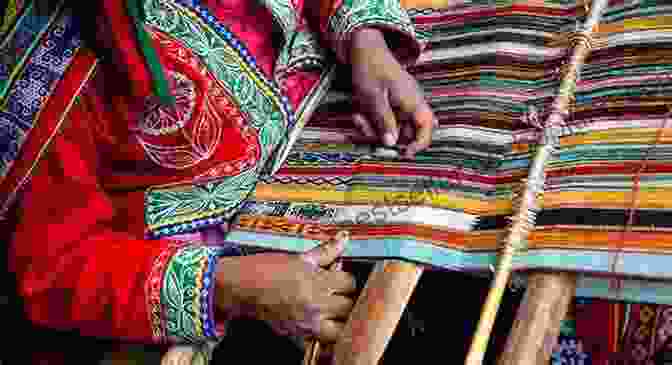
Furthermore, textile workshops fostered a sense of economic independence among Indigenous communities. By selling their textiles, weavers generated income and reduced their dependence on Spanish merchants. This economic empowerment enabled them to challenge colonial monopolies and assert their autonomy.
The Book: A Groundbreaking Historical Analysis
Dr. Marisa Fuentes' groundbreaking book, "Textile Workshops and the Rise of Rebellious Landscapes in Colonial Peru," delves into this fascinating chapter of Peruvian history. With meticulous research and captivating storytelling, she illuminates the critical role of textile workshops in the formation of Indigenous resistance and the shaping of rebellious landscapes.
The book offers a comprehensive analysis of the social, economic, and political implications of textile production. It examines the ways in which weavers subverted colonial power structures and created spaces of autonomy.
Exploring the Legacies of Resistance
The legacies of the textile workshops and rebellious landscapes continue to resonate in contemporary Peruvian society. Indigenous women and communities continue to draw inspiration from these histories of resistance, using textiles as tools for cultural preservation, social justice, and empowerment.
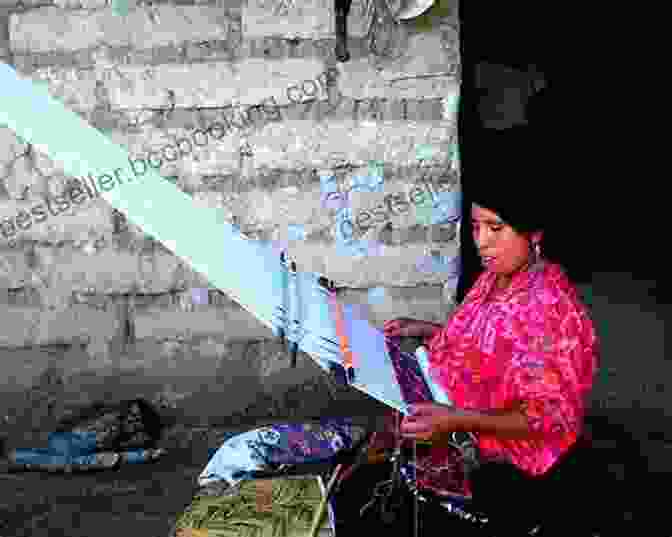
The textile workshops of colonial Peru serve as a reminder of the indomitable spirit of Indigenous peoples. They demonstrate the power of creativity, resilience, and collective action in the face of adversity. By uncovering these hidden histories, we acknowledge the transformative role of textile arts in shaping the destinies of nations and inspire future generations to embrace the power of resistance and cultural renewal.
The textile workshops of colonial Peru were more than just spaces of labor; they were crucibles of resistance and sites of cultural renewal. Through their vibrant textiles and networks of solidarity, Indigenous weavers challenged Spanish authority and forged rebellious landscapes. Their stories, meticulously documented in Dr. Marisa Fuentes' groundbreaking book, offer a testament to the transformative power of art, identity, and collective action. As we delve into these hidden histories, we not only shed light on the past but also draw inspiration for the future.
4.5 out of 5
| Language | : | English |
| File size | : | 6807 KB |
| Text-to-Speech | : | Enabled |
| Screen Reader | : | Supported |
| Enhanced typesetting | : | Enabled |
| Print length | : | 248 pages |
Do you want to contribute by writing guest posts on this blog?
Please contact us and send us a resume of previous articles that you have written.
 Book
Book Novel
Novel Page
Page Chapter
Chapter Text
Text Story
Story Genre
Genre Reader
Reader Library
Library Paperback
Paperback E-book
E-book Magazine
Magazine Newspaper
Newspaper Paragraph
Paragraph Sentence
Sentence Bookmark
Bookmark Shelf
Shelf Glossary
Glossary Bibliography
Bibliography Foreword
Foreword Preface
Preface Synopsis
Synopsis Annotation
Annotation Footnote
Footnote Manuscript
Manuscript Scroll
Scroll Codex
Codex Tome
Tome Bestseller
Bestseller Classics
Classics Library card
Library card Narrative
Narrative Biography
Biography Autobiography
Autobiography Memoir
Memoir Reference
Reference Encyclopedia
Encyclopedia Drew Harris
Drew Harris Dennis Jarecke
Dennis Jarecke Dr James B Kelley
Dr James B Kelley Donald L Brady
Donald L Brady Dina Rudick
Dina Rudick Diana Cooper
Diana Cooper Dorothee Haering
Dorothee Haering Dr Phillip Terrance
Dr Phillip Terrance Dennis Charles
Dennis Charles Dr Adrienne T Hunter
Dr Adrienne T Hunter Dillon Hillier
Dillon Hillier Donna Morang
Donna Morang Don Holbrook
Don Holbrook Dominique Conil
Dominique Conil Dion Rosser
Dion Rosser Don Freeman
Don Freeman Douglas Henderson Jr
Douglas Henderson Jr Doug Wilson
Doug Wilson Dmitri Volkogonov
Dmitri Volkogonov Doreen Lenz Holte
Doreen Lenz Holte
Light bulbAdvertise smarter! Our strategic ad space ensures maximum exposure. Reserve your spot today!

 Herb SimmonsLearn To Draw Military Machines: Unleash Your Inner Artist and Master the Art...
Herb SimmonsLearn To Draw Military Machines: Unleash Your Inner Artist and Master the Art...
 Colt SimmonsDiscover the Enchanting World of Don Rosa's Uncle Scrooge Comics in "The Don...
Colt SimmonsDiscover the Enchanting World of Don Rosa's Uncle Scrooge Comics in "The Don...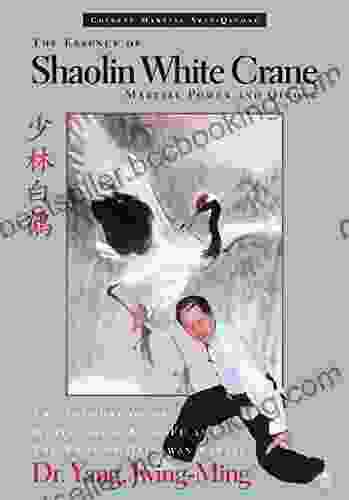
 Samuel Taylor ColeridgeThe Essence of Shaolin White Crane: Unlocking the Secrets of a Legendary...
Samuel Taylor ColeridgeThe Essence of Shaolin White Crane: Unlocking the Secrets of a Legendary... Aldous HuxleyFollow ·8.3k
Aldous HuxleyFollow ·8.3k Benjamin StoneFollow ·18.1k
Benjamin StoneFollow ·18.1k Carson BlairFollow ·7.2k
Carson BlairFollow ·7.2k Dale MitchellFollow ·13.1k
Dale MitchellFollow ·13.1k Forrest BlairFollow ·17.6k
Forrest BlairFollow ·17.6k Asher BellFollow ·11.7k
Asher BellFollow ·11.7k Braden WardFollow ·7.9k
Braden WardFollow ·7.9k Julian PowellFollow ·19.8k
Julian PowellFollow ·19.8k
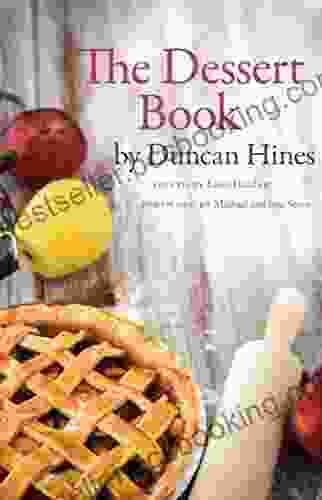
 J.D. Salinger
J.D. SalingerThe Quintessential American Cook: A Culinary Journey with...
Prologue: The Man...

 Franklin Bell
Franklin BellIntroducing Romanticism: A Literary Guide to the Romantic...
Romanticism was a...

 Denzel Hayes
Denzel HayesThe Untold And Inspiring Story Of Eric Liddell Hero Of...
The Olympian Who Defied...

 Oscar Wilde
Oscar WildeDiscover the Enchanting Adventure of Arthur Woody and the...
Immerse Yourself in a World of Mystery,...

 Fernando Bell
Fernando BellAlibaba: The House That Jack Ma Built
The Rise of the Chinese E-Commerce Giant ...

 Leo Tolstoy
Leo TolstoyCrossing Continents: A History of Standard Chartered Bank
By John M. Smith Crossing...
4.5 out of 5
| Language | : | English |
| File size | : | 6807 KB |
| Text-to-Speech | : | Enabled |
| Screen Reader | : | Supported |
| Enhanced typesetting | : | Enabled |
| Print length | : | 248 pages |


